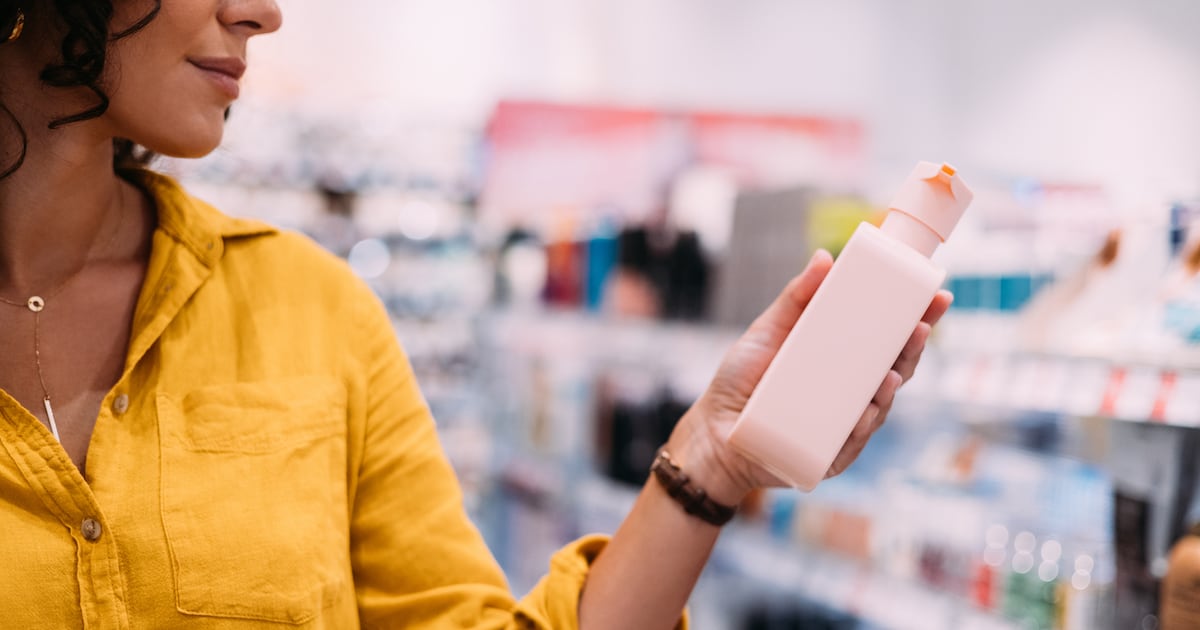Consumer demand for safer, simpler, and more transparent beauty and personal care (BPC) product formulations is reshaping industry standards, with 78% of personal care purchasers advocating for stricter regulations, according to Mintel. According to Carson Kitzmiller, Senior Analyst at Mintel, this widespread concern spans ingredient transparency, claims verification, and labeling.
CosmeticsDesign spoke to Kitzmiller, who provided insight into how evolving consumer expectations drive innovation and the challenges manufacturers face in meeting these demands while maintaining product performance and stability.
Transparency and safety: Key consumer priorities
“Consumers want assurance that products are safe to use and effective,” Kitzmiller explained, noting that health concerns and brand mistrust are primary drivers. In the US, these concerns are particularly pronounced among younger consumers aged 18-34, who “are more likely to have stopped using a personal care product due to a safety concern in the last 12 months compared to personal care users 35+.”
The desire for clarity extends to all aspects of product information, as Kitzmiller pointed out: “Over a quarter of BPC users say there is too much misinformation about BPC ingredients, over a third are paying more attention to product claims than ingredients, and a quarter say it takes too much time to research ingredients in BPC products.”
These insights highlight an opportunity for manufacturers to improve their communication of safety, efficacy, and ingredient details. As Kitzmiller explained, “Consumers are looking for transparency across the board when it comes to their BPC products, as all [factors like labeling and claims] go hand-in-hand.”
Shift toward “clean” and natural formulations
Simplicity and “clean” formulations are major consumer priorities, with nine in ten consumers purchasing some clean personal care product. “Top definitions of clean among consumers include formulations with ‘non-toxic ingredients,’ natural/organic, and free-from certain ingredients,” she shared.
This focus on simplicity is evident in ingredient preferences. “We see that personal care users are certainly leaning into ‘sensitive skin’ claims, with 36% of adults ranking this as a top-three purchase influencer,” Kitzmiller stated. Additionally, over a quarter of consumers prioritize natural ingredients and free-from claims.
Kitzmiller also emphasized the importance of “hero ingredients,” noting that consumers who research ingredients are most attentive to “the main ingredient, its intended benefits, and ensuring the formulation is free from certain ingredients.”
Challenges in meeting consumer demands
Meeting the demand for simplified formulations while maintaining efficacy and stability is a persistent challenge. “Simplifying formulations can impact the performance and shelf life of products, requiring innovative approaches to ingredient selection and formulation techniques,” Kitzmiller said.
Brands and manufacturers also face hurdles in consumer education. “While some consumers are reading INCI lists, many are unfamiliar with technical ingredient names, reasons for certain ingredient inclusions, and why INCI lists are long,” Kitzmiller explained.
Manufacturers can address this gap by partnering with brands to “come up with end-user communication strategies to support consumer desires for safety, transparency, and efficacy.”
Emerging trends: biotechnology and sustainability
As consumers prioritize safety and sustainability, Kitzmiller predicted shifts in ingredient trends, saying, “We expect awareness and acceptance of biotech beauty to grow in the coming years.” Bio-engineered, sustainable, and multifunctional ingredients are expected to gain traction.
However, consumer acceptance will depend on improved education about these innovations. “Positionings of ingredients in this space as better for health and better for the planet will drive awareness,” Kitzmiller concluded.

